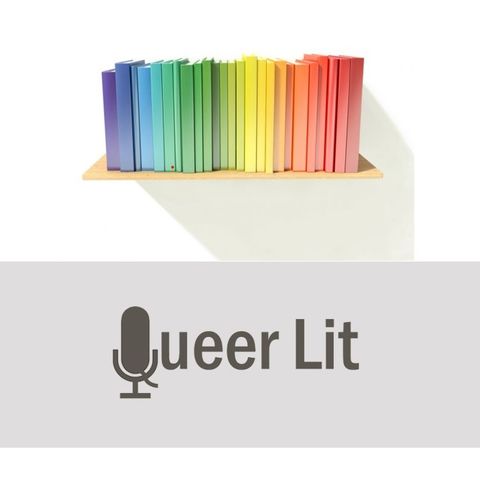"Disability and Queerness" with Chris Mounsey

Descarga y escucha en cualquier lugar
Descarga tus episodios favoritos y disfrútalos, ¡dondequiera que estés! Regístrate o inicia sesión ahora para acceder a la escucha sin conexión.
Descripción
In this episode, Prof Chris Mounsey (University of Winchester) takes us on a wild ride: from meeting French philosophers as an undergrad, to the other day when construction workers gave...
mostra másScholars and Books mentioned:
Queer People Conference (with Caroline Gonda)
VariAbility Conference
Foucault’s History of Sexuality
Peculiar Bodies Book Series
Teresa Michals’s Lame Captains and Left-Handed Admirals: Amputee Officers in Nelson’s Navy
Peter Radford’s Women Athletes of Early Modern Britain (forthcoming)
Routledge Advances in the History of Bioethics Book Series
Van Rensselaer Potter’s definition of Bioethics
Jean-François Lyotard
Luce Irigaray’s Marine Lover of Friedrich Nietzsche (Amante Marine)
Jacques Derrida
David Hume
John Maxwell
Nicholas Saunderson
Edward Carpenter
Virginia Woolf
T.S. Eliot
Penelope Aubin’s The Life and Amorous Adventures of Lucinda (1721)
Priscilla Pointon
Thomas Gills
Ryan O’Connell’s Special
Rosemarie Garland Thomson, “A Habitable World: Harriet McBryde Johnson’s ‘Case for My Life.’” Hypatia: A Journal of Feminist Philosophy 30, no. 1 (Winter 2015): 300–306.
Peter Singer’s “Ethics and Disability”
John Rechy’s Numbers (1964) and City of Night (1963)
Chris’s work:
Sight Correction: Vision and Blindness in Eighteenth-Century Britain
The Idea of Disability in the 18th Century
Developments in the Histories of Sexualities: In Search of the Normal,1600-1800
(Ed. with Carolina Gonda) Queer People: Negotiations and Expressions of Homosexuality, 1700-1800
You want more, more, more? Why not check out Chris’s very own music at https://bearfffbear.bandcamp.com/ and follow me on Instagram and Twitter (@Lena_Mattheis).
Questions you should be able to respond to after listening:
1. At one point, Chris says that “variability enshrines uniqueness”. What does this mean? What is variability?
2. What are the three elements that Chris uses to describe variability?
3. What does Chris dislike about the term ‘disability’? What does that have to do with binary thinking?
4. How do queerness and variability intersect in Chris’ thinking?
5. What is the role of literature in studying queerness and variability?
Información
| Autor | Lena Mattheis |
| Organización | Lena Mattheis |
| Página web | - |
| Etiquetas |
Copyright 2024 - Spreaker Inc. an iHeartMedia Company

Comentarios